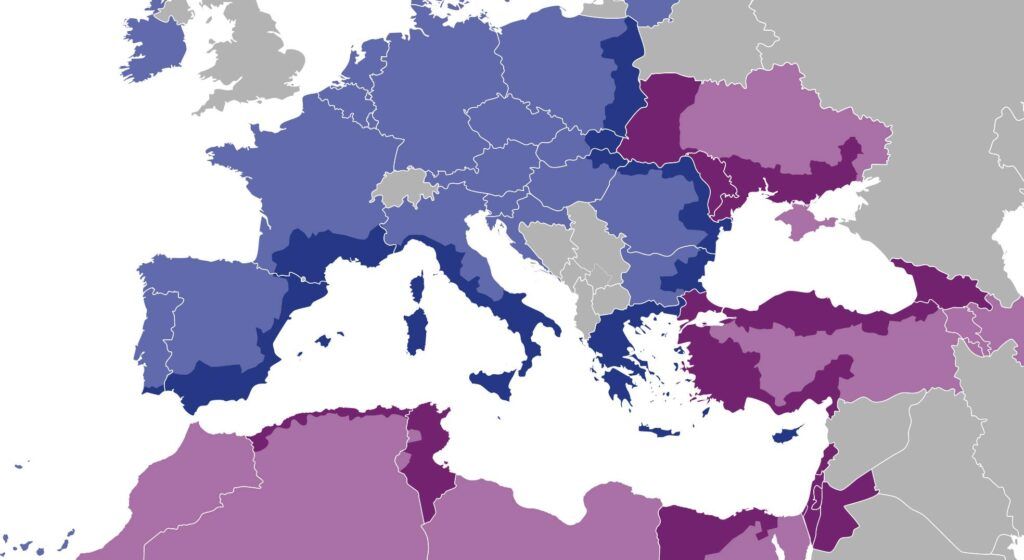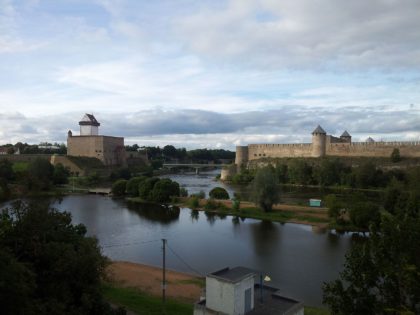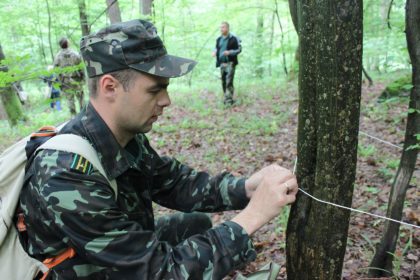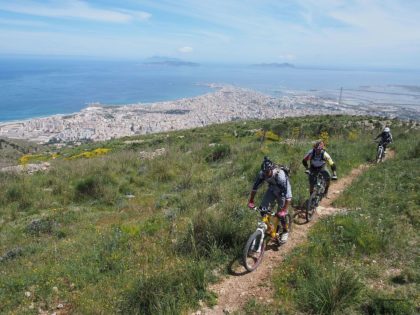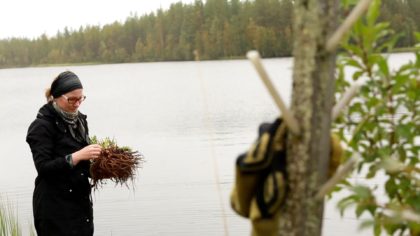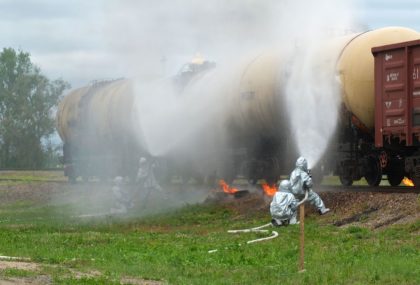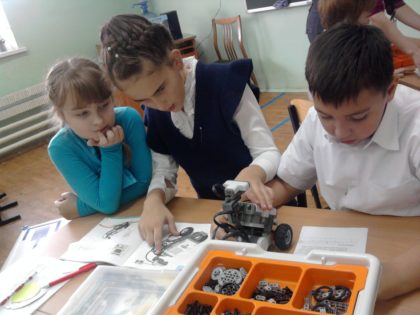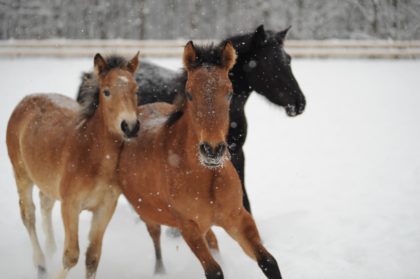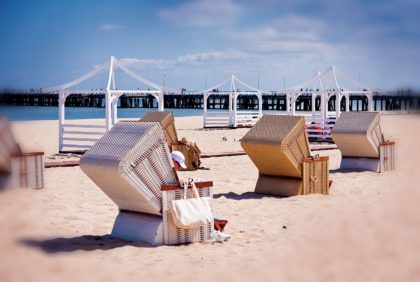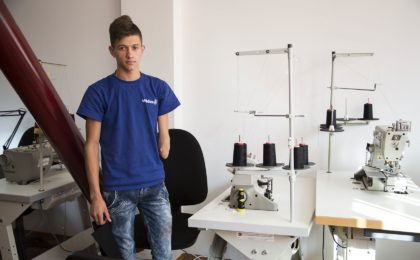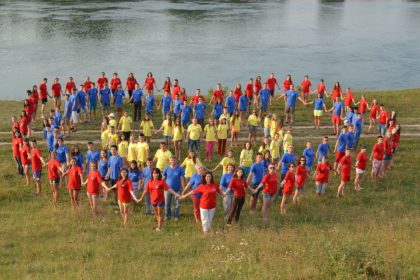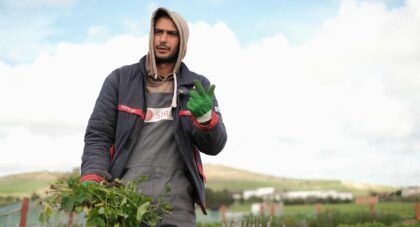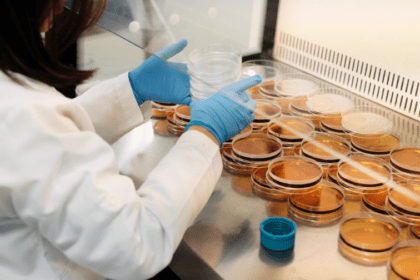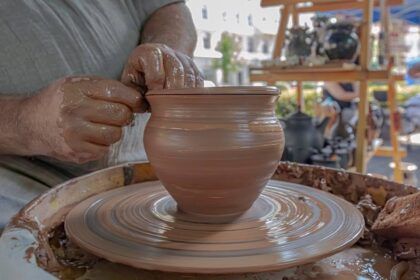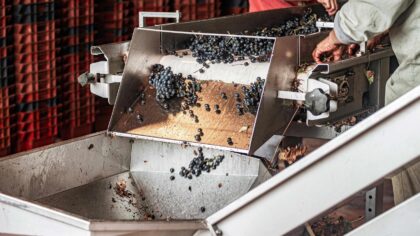OBJECTIVES OF THE ENI CBC PROGRAMMES
Building on these achievements, ENI CBC promotes cooperation under the following objectives:
- To promote economic and social development in regions on both sides of common borders
- To address common challenges in environment, public health, safety and security
- For promotion of better conditions and modalities for ensuring the mobility of persons, goods and capital.
“The most interesting thing is to work with so many different countries and to see how, despite all difficulties and obstacles, you manage to find a solution and to take a step forward.
It is very rewarding to observe all the goodwill the participating countries invest into these programmes, and you really get a feeling that you contribute to something that will be useful in the regions where the projects will be carried out. We believe that this will indeed lead to some positive results for people in the border regions which are often very poor, and that is a big accomplishment in itself.”
PROGRAMME STRATEGIES
Building on the main ENI CBC objectives, the strategy for each of the 15 programmes is built around up to 4 of the following themes:
- BUSINESS AND SME DEVELOPMENT
- SUPPORT TO EDUCATION, RESEARCH, TECHNOLOGICAL DEVELOPMENT AND INNOVATION
- PROMOTION OF LOCAL CULTURE AND PRESERVATION OF HISTORICAL HERITAGE
- PROMOTION OF SOCIAL INCLUSION AND FIGHT AGAINST POVERTY
- SUPPORT TO LOCAL AND REGIONAL GOOD GOVERNANCE
- ENVIRONMENTAL PROTECTION, AND CLIMATE CHANGE MITIGATION AND ADAPTATION
- IMPROVEMENT OF ACCESSIBILITY TO THE REGIONS, DEVELOPMENT OF SUSTAINABLE AND CLIMATE-PROOF TRANSPORT AND COMMUNICATION NETWORKS AND SYSTEMS
- COMMON CHALLENGES IN THE FIELD OF SAFETY AND SECURITY
- PROMOTION OF AND COOPERATION ON SUSTAINABLE ENERGY AND ENERGY SECURITY
- PROMOTION OF BORDER MANAGEMENT, BORDER SECURITY AND MOBILITY
- OTHER AREAS LIKELY TO HAVE A SUBSTANTIAL CROSS-BORDER IMPACT
ENI CBC Programming Document

